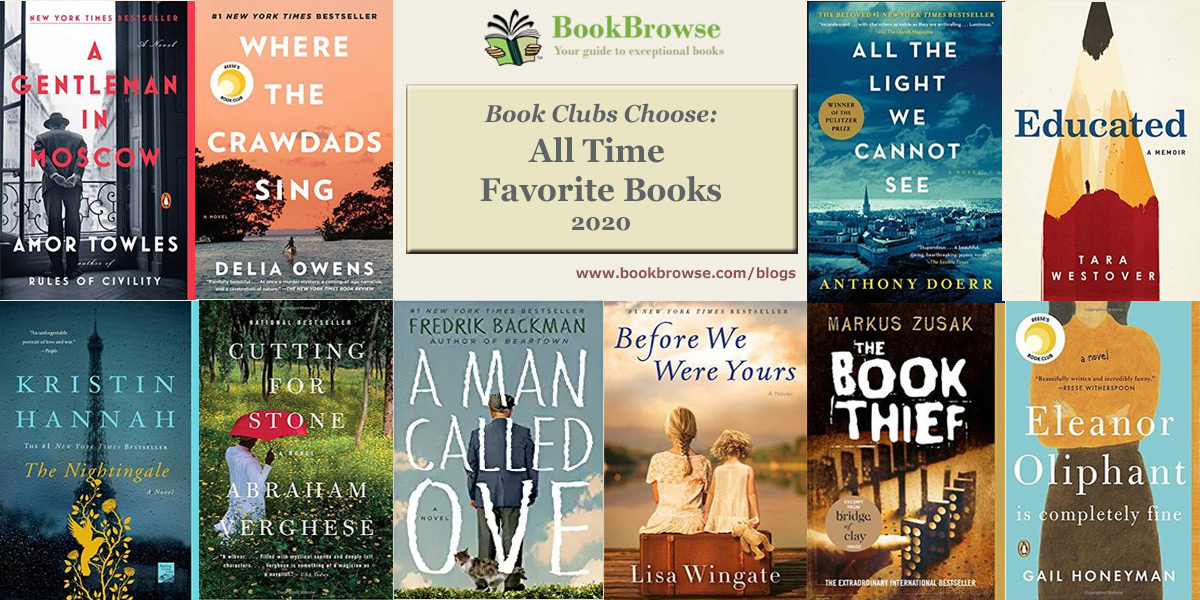
The Alchemy of the Heavens: Mostly emphasizing the Milky Way, Ken Croswell blends astronomy and chemistry together to discuss the composition of stars, planets, and other celestial bodies, using language most readers can understand.

Thorne's book highlights the weird and wonderful theory of general relativity and its undeniable impact on the industry. Black Holes and Time Warps: Einstein's Outrageous Legacy: Featuring a foreword from Stephen Hawking, Kip S.365 Starry Nights: Another book highly recommended for backyard and beginner astronomers, Chet Raymo's fantastic resource contains 365 essays on the ever-shifting night sky.The Backyard Astronomer's Guide: Beginner astronomers yearning to take to the skies with telescopes and guidebooks in-hand would probably find this well-received resource extremely valuable.Davis ends up on quite a few reading lists, and for good reason! Approachable and informative, it serves as an excellent introduction to astronomy. Turn Left at Orion: This highly-recommended stargazing guide by Guy Consolmagno and Dan M.The Right Stuff: Beloved of almost anyone who pines to learn more about space travel, Tom Wolfe's The Right Stuff captures the imagination of anyone who has ever wanted to surge beyond the boundaries of this planet.Mapping the Heavens: The Radical Scientific Ideas That Reveal the Cosmos: Priyamvada Natarajan takes readers on a "greatest hits" tour of the discoveries that most-shaped our understanding of the cosmos, illustrating how earth-shattering ideas become the orthodoxy of science.Brother Astronomer: Adventures of a Vatican Scientist: Science and religion publicly share an antagonistic relationship, but Jesuit Brother Guy Consolmagno, an astronomer with the Vatican, points out that there is really no reason they cannot peacefully coexist.The Planets: With lush prose, Dava Sobel finds creative ways to merge science with pop culture and ancient perspectives as a means of conveying some truly intriguing stories about Solar System planets.His step-by-step explanation of the process of the evolution of the Big Bang Theory is a must-read. Big Bang: The Origin of the Universe: For those who may find A Brief History of Time a little heavy on the physics, Simon Singh's book is more-people driven.A Brief History of Time is one of the former's most read books, and for good reason. A Brief History of Time: Stephen Hawking and Carl Sagan alone could probably fill up this section, so self-discipline limits them to only two appearances on this list.Hidden Figures: The American Dream and the Untold Story of the Black Women Mathematicians Who Helped Win the Space Race: Written by Margot Lee Shetterly and the basis for the recent hit movie, this book explores the contributions of a talented team of "human computers" that were instrumental in America winning the space race.



The universe may operate on top of some incredibly mind-boggling physics, but those new to the subject can still wrap their brains around the basics with the following titles:


 0 kommentar(er)
0 kommentar(er)
